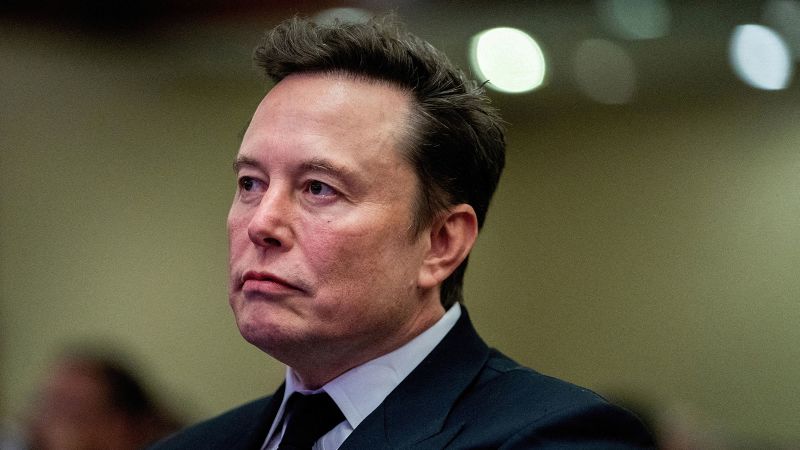Tech billionaire Elon Musk has voiced strong criticism of Europe’s regulatory climate, calling it overly burdensome and a major challenge for businesses operating on the continent. Speaking at a recent event, Musk expressed frustration over what he described as excessive bureaucracy and complex rules that, in his view, stifle innovation and slow down progress.
“Europe is far too regulated,” Musk stated bluntly, noting that companies like Tesla and SpaceX face significantly more hurdles in Europe compared to other parts of the world. He suggested that the region’s strict laws and administrative procedures make it increasingly difficult for businesses—especially in tech and manufacturing—to operate efficiently and scale effectively.

The comments come amid rising tensions between Musk and European authorities. In recent months, Tesla has faced scrutiny in Germany over environmental concerns, labor practices, and compliance with local permitting processes related to its Gigafactory near Berlin. Musk has frequently taken to social media and public forums to express dissatisfaction with delays and legal challenges, arguing that such obstacles hinder industrial development and economic growth.
European leaders and regulators, however, have defended the continent’s standards, emphasizing the importance of safety, environmental protection, and worker rights. They argue that regulation ensures a fair and sustainable business environment, especially when dealing with powerful multinational corporations.
Musk’s remarks have sparked mixed reactions across the business world. Some entrepreneurs and executives have echoed his concerns, saying the regulatory environment in Europe can be slow and rigid. Others have criticized Musk for disregarding rules designed to protect public interests, accusing him of trying to sidestep necessary oversight.
As the tech industry continues to grow in influence, the debate over regulation versus innovation remains a central issue—not only in Europe but globally. Musk’s comments are likely to intensify that debate, particularly as his companies expand their footprint in international markets.
